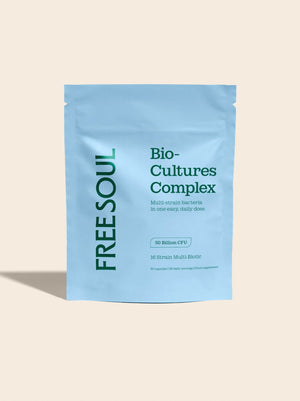We all know sleep is essential for good health, but what happens when popular sleep hacks go too far? The most recent trend in the world of sleep is wearable devices designed to track your sleep patterns. But now, scientists and clinicians are warning that sleep tracking can lead to obsessions about sleep… which could lead to you getting less every night.
Sleep trackers and sleep quality
There’s a huge range of wearable products on the market that claim to be able to track your sleep patterns. Think Apple Watch, FitBit Smartwatch, Oura Ring and more. These devices are all designed to monitor your sleep duration and sleep quality.
But experts warn that there is not enough evidence that commercial sleep trackers deliver on their promises. Clinicians have been reluctant to incorporate wearable devices into treatment for sleep disturbances because they have not been studied enough.
Despite warnings from sleep professionals, many people have started using wearable devices to track their sleep and give them insight on their sleep patterns. The danger is when this interest in sleep starts becoming an unhealthy habit.
Orthosomnia and its dangers
The term ‘orthosomnia’ was first coined by a team of medical researchers from Rush University Medical School and Northwestern University in a paper published in the Journal of Clinical Sleep Medicine.
The researchers questioned if sleep trackers were behind the growing number of patients seeking help for self-diagnosed sleep problems. They decided on the term ‘orthosomnia’ to describe the condition, with “ortho” meaning straight or correct, and “somnia” meaning sleep.
Writing in the article the team explained the term in more detail:
“Patients are preoccupied or concerned with improving or perfecting their wearable sleep data. We chose this term because the perfectionist quest to achieve perfect sleep is similar to the unhealthy preoccupation with healthy eating, termed orthorexia.”
Like orthorexia, orthosomnia is an obsession with healthy habits - in this case with sleeping well. Sleep experts have described how patients stressing over poor sleep can lead to sleep problems. Some patients feel pressure to get the recommended 8 hours of sleep and this obsession can actually disrupt sleep at night, for instance due to anxiety and spiralling thoughts.
There is also a danger that sleep trackers influence day-time behaviour as individuals see that they didn’t get enough sleep in the morning and consequently feel tired during the day. Symptoms can include irritability, fatigue and cognitive issues. But crucially, the underlying causes of these problems might not be sleep-related, no matter what the sleep tracker says.
Taking steps towards better sleep
While sleep trackers can be an interesting way to get information on your sleep during the night, it is important to remember that they are not medically approved devices. If you want to sleep better at night, experts recommend reducing your technology use before bed.
That means switching your phone to silent or putting it in another room to avoid disturbances during the night. It’s also a good idea to minimise the amount of time you spend on your laptop or your phone before bed.
Adding a daily Magnesium supplement may help with better sleep and increased relaxation. Our 4-in-1 Magnesium + Turmeric Complex has been formulated to improve muscle recovery, mental wellbeing and aid relaxation - adding these easy-to-swallow tablets to your wellbeing routine may help to promote more restful sleep.
These steps can go a long way to helping you sleep better and more soundly. To find out more about how your circadian rhythm affects your sleep, read this.
**At Free Soul, your wellbeing is our priority, and although we pride ourselves on our expertise in women's health and wellbeing, it is important to acknowledge the individuality of each person. Features published by Free Soul are not intended to treat, diagnose, cure or prevent any disease, or replace the advice of your GP. We always recommend consulting with a healthcare provider if you encounter any health concerns, and we’ll always be here to support you so you’re never alone on your journey.







